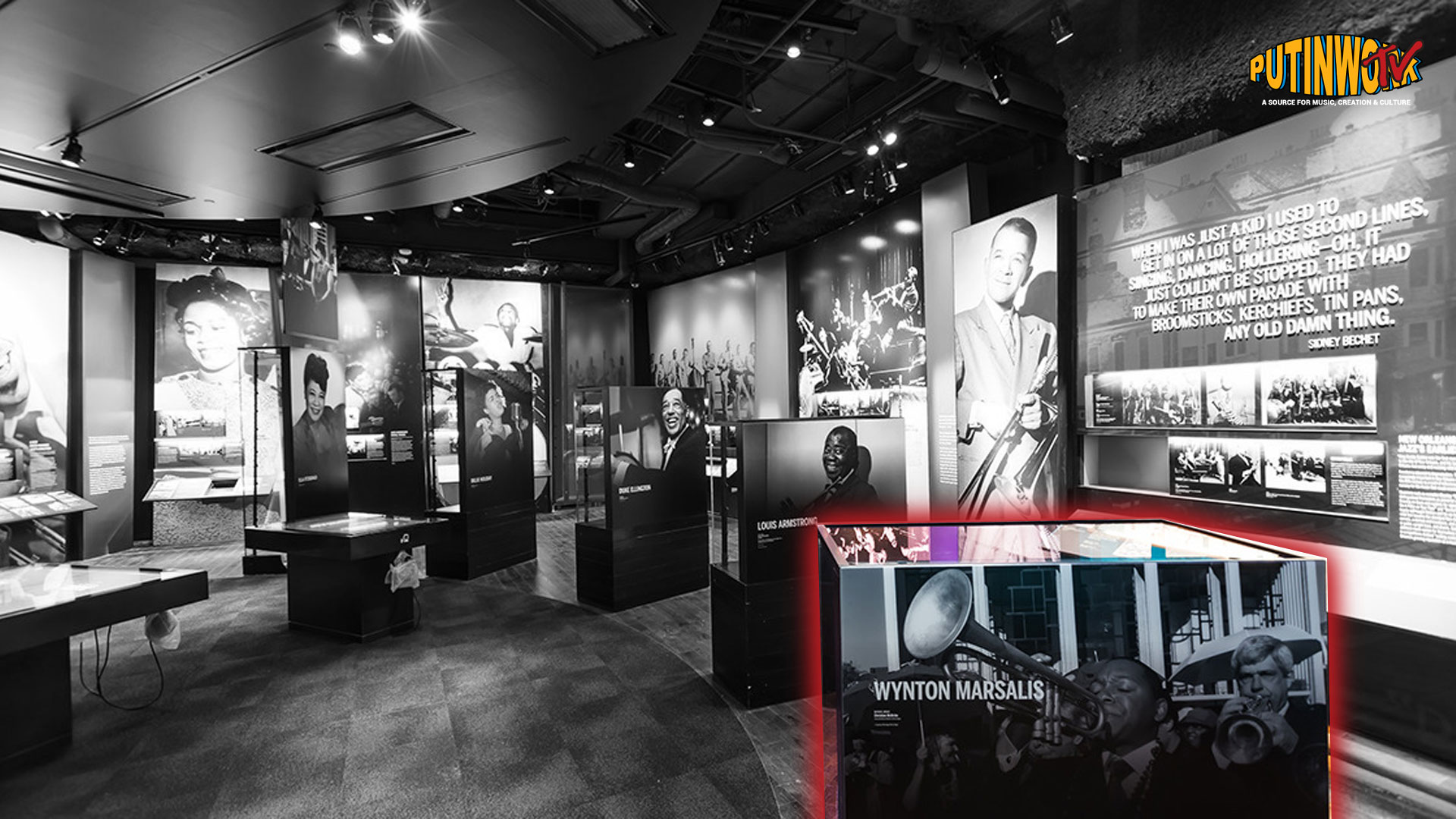Museums and monuments play a crucial role in preserving and educating people about significant historical events and cultural shifts, including the impact of music.
Throughout history, Black musicians have been central to the creation, development, and evolution of nearly every musical genre, such as jazz, blues, country, gospel, R&B, and hip-hop. Their contributions have shaped history and provided the soundtrack for movements ranging from social change to political resistance. However, they often do not receive the recognition they deserve.
Black music museums and monuments across the country are dedicated to collecting and preserving the legacies of these artists. They curate exhibits featuring artifacts, documents, recordings, images, and personal stories that would otherwise be lost to time, ensuring that these contributions are celebrated and remembered. These institutions not only educate but also inspire music lovers, cultural enthusiasts, and future artists by honoring these musicians and their enduring impact.
In celebration of Black Music Month, here are some notable museums and monuments that commemorate the achievements of Black musicians:
1. National Museum of African-American Music – Nashville, Tenn.
The National Museum of African-American Music is a 56,000-square-foot tribute to the music genres created, influenced, and inspired by African Americans. Its expertly curated collections integrate history with interactive technology, allowing guests to listen to tracks, create beats in production studios, and perform on a green screen alongside gospel singer Bobby Jones and The Nashville Super Choir.
2. Stax Museum of American Soul Music – Memphis, Tenn.
Stax Records has been a cornerstone of Southern soul music since the early 1960s, home to influential artists like Otis Redding, Sam & Dave, and Isaac Hayes. The Stax Music Academy, part of the museum, educates Memphis’ future soul musicians through programs focused on education and exposure.
3. The Colored Musicians Club & Jazz Museum – Buffalo, N.Y.
Founded in 1935, the Colored Musicians Club in Buffalo is America’s only continuously operating all-Black-owned music venue. It has hosted renowned jazz musicians and is currently under renovation while still hosting events celebrating African American heritage along the Michigan Street corridor.
4. New Orleans Jazz Museum – New Orleans
Located in the historic Old U.S. Mint in the French Quarter, the New Orleans Jazz Museum houses over 25,000 artifacts tracing the roots and evolution of jazz music. It showcases the city’s role in the birth of various music genres, from the gatherings at Congo Square to modern-day expressions.
5. Trap Music Museum – Atlanta
Atlanta’s Trap Music Museum, opened in 2019 by Grammy-winner T.I. and William “Bem” Sparks, celebrates Southern hip-hop and the evolution of trap music. The museum features exhibits and artifacts, including iconic items from Atlanta icon 2 Chainz’s album marketing.
6. National Blues Museum – St. Louis
The National Blues Museum in St. Louis explores the profound influence of blues music across all genres. It features digital and physical exhibits showcasing legendary blues musicians like B.B. King and Muddy Waters through their instruments, costumes, and unreleased music.
7. Paisley Park – Chanhassen, Minn.
Originally Prince’s private studio and now a memorial to his legacy, Paisley Park offers fans a glimpse into the iconic artist’s life. The 55,000-square-foot estate includes recording studios, rehearsal spaces, and exhibits of Prince’s guitars and instruments, showcasing his influence on music.
8. National Jazz Museum in Harlem – Harlem, New York City, N.Y.
Founded in 1997, the National Jazz Museum in Harlem promotes and celebrates jazz as a unique American art form. Its exhibitions feature rare photographs, vintage instruments, and personal artifacts from jazz legends, alongside live performances that highlight jazz’s history, diversity, and evolution.
9. Cincinnati Black Music Walk of Fame – Cincinnati, Ohio
Established in 2023, the Cincinnati Black Music Walk of Fame honors Black musicians who have significantly impacted the music industry. Through digital and interactive exhibits, it pays tribute to artists like Bootsy Collins, James Brown, and the Isley Brothers, highlighting their connections to Cincinnati.
10. Delta Blues Museum – Clarksdale, Miss.
Clarksdale, known as the “birthplace of the blues,” hosts the Delta Blues Museum. This museum preserves artifacts, instruments, and recordings of blues musicians, including the cabin where Muddy Waters once lived. It also supports annual blues festivals, drawing enthusiasts from around the world.
11. Motown Museum – Detroit
Dubbed “Hitsville USA,” the Motown Museum celebrates the legacy of Motown Records, which launched the careers of numerous iconic artists. Housed in the label’s original headquarters and studio, the museum features a vast collection of artifacts, photographs, and memorabilia that chronicle Motown’s cultural impact and historical significance.














